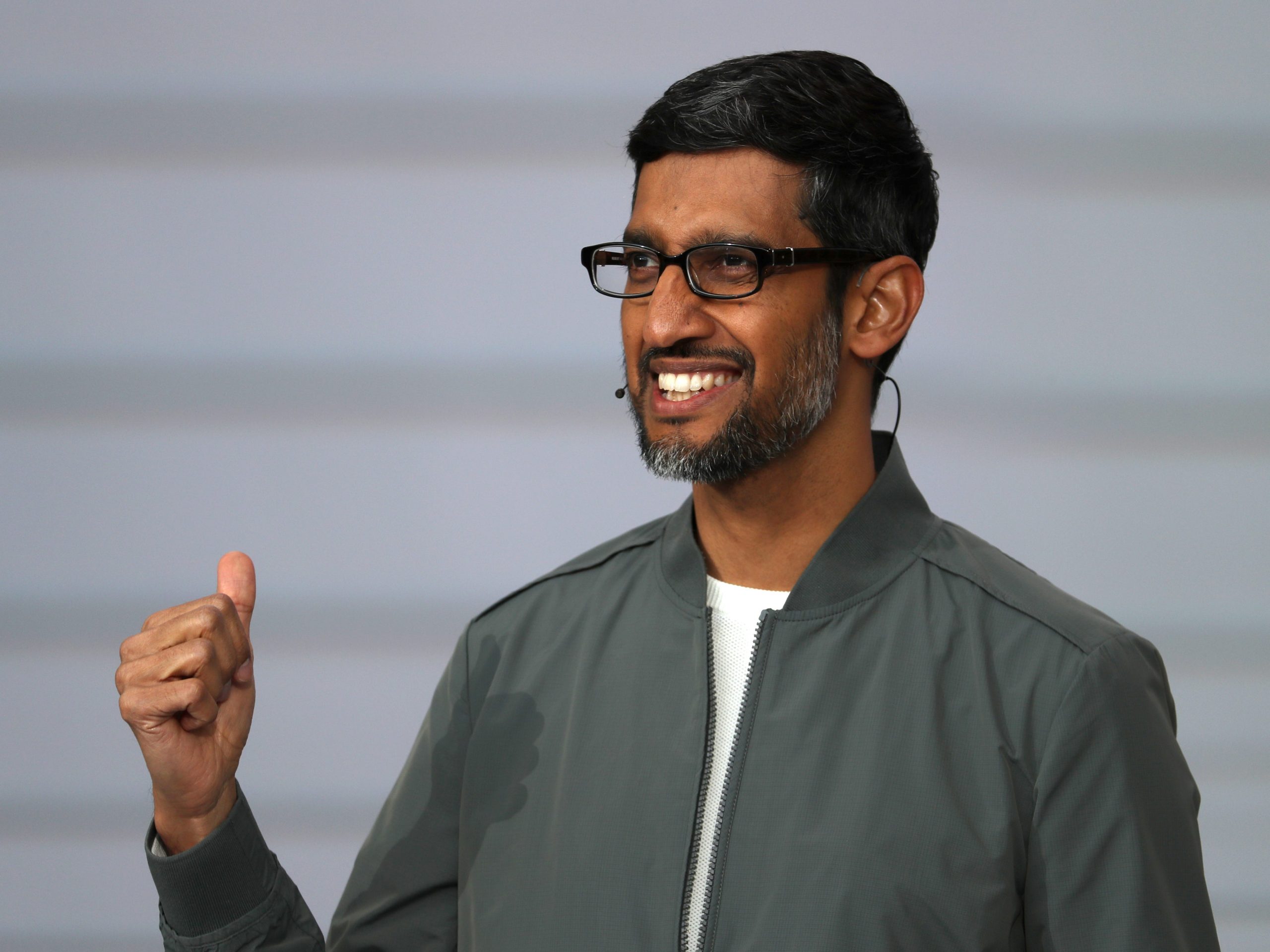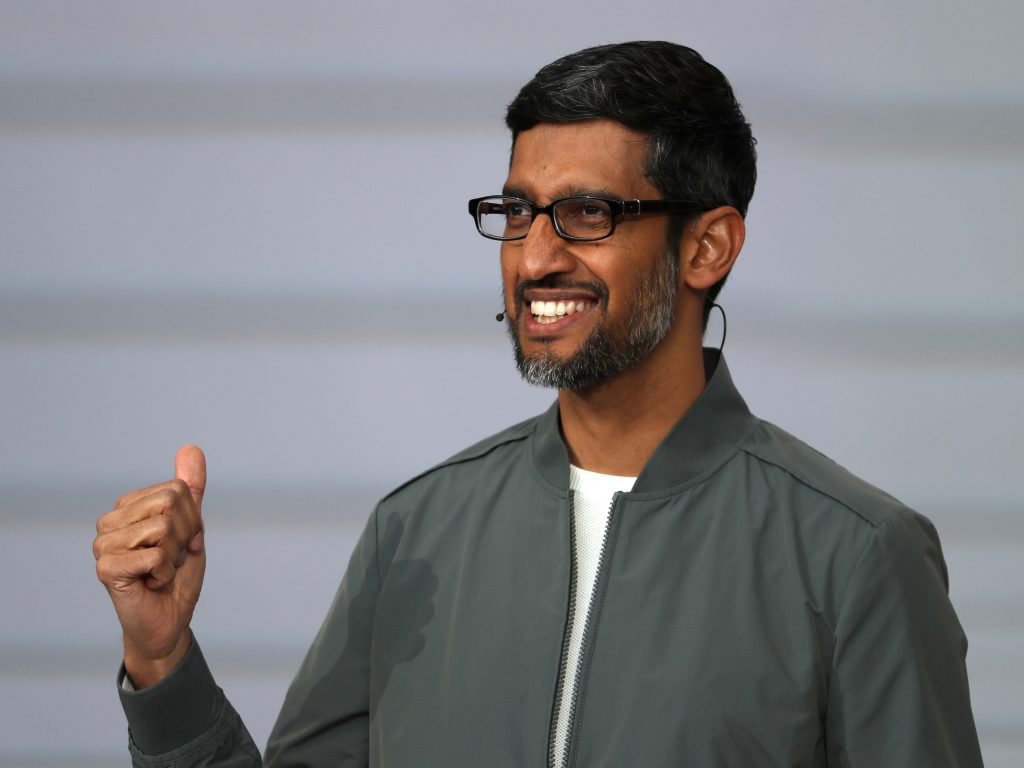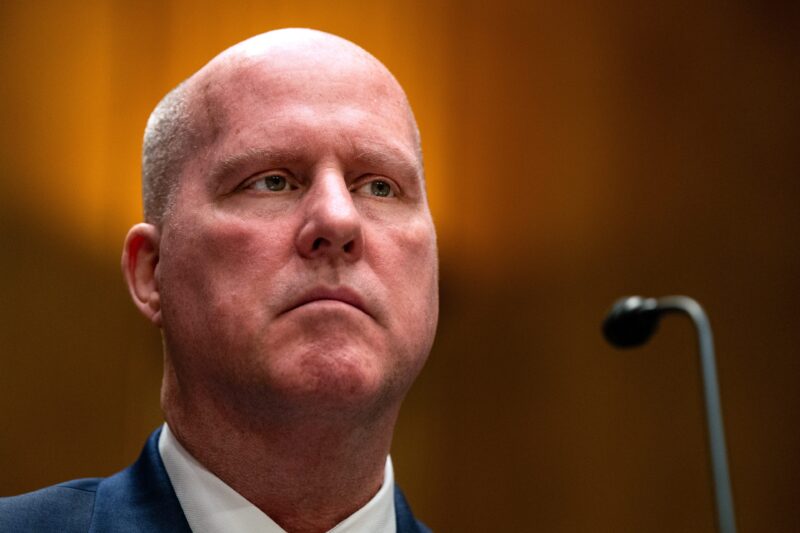
Justin Sullivan via Getty Images
- Google plans to intervene in content that promotes lies about climate change.
- YouTube previously banned all anti-vaccine content, despite historically avoiding content moderation.
- The policy will affect advertisers, publishers, and YouTube creators.
Google is pulling the plug on climate deniers on its platform, banning content that contradicts well-established research from the scientific community, the company announced on Thursday.
The tech giant is taking a two-pronged approach, applying to advertisers and publishing partners in Google-served ads that try to promote climate change misinformation on pages and videos, as well YouTube Partner Program creators who try to monetize their climate change misinformation videos, according to a company blog post.
The new rule specifically targets claims that climate change is a "hoax or a scam", claims that deny long-term environmental trends, and claims ignoring significant factors to climate change, like greenhouse gas emissions or humanity's contributions to climate change. Google will continue to allow ads and monetization on climate-related topics, such as informed debates on climate change and verifiable research.
"We'll look carefully at the context in which claims are made, differentiating between content that states a false claim as fact, versus content that reports on or discusses that claim," the company said in the statement.
This follows a similar major move last week from the Google-owned YouTube, which announced it would ban all anti-vaccination content on its site beyond that which dealt with COVID-19. YouTube previously banned misinformation about COVID vaccines last October. Social media companies have generally tried to take a hands-off approach when it comes to content moderation, but have since taken steps to rein in misinformation across platforms.
Google, which is the largest digital-ad seller, has been criticized by Congress and climate change activists for allowing companies and climate-denying interest groups to buy search ads. Inaccurate, monetized climate change videos on YouTube received over 21 million views according to research from nonprofit organization Avaaz in 2020, Bloomberg first reported.
Google consulted with experts from the United Nations Intergovernmental Panel on Climate Change on the new monetization policy. The IPCC published its sixth assessment on the state of climate change earlier in August, warning of "irreversible" climate-related changes.
The company will begin enforcing the new changes in November.
The new policy change also comes amid several features Google released this week around sustainability, including Google Maps' eco routes, aimed at reaching a "billion sustainable actions," Google's Chief Sustainability Officer Kate Brandt said.










